Scientists predict that if humans were to disappear, certain creatures might rise to dominate the Earth in our absence.
A group of scientists has made an intriguing prediction about what could happen to our planet if humans were to disappear.
Humanity faces many challenges today, including conflicts and environmental issues.
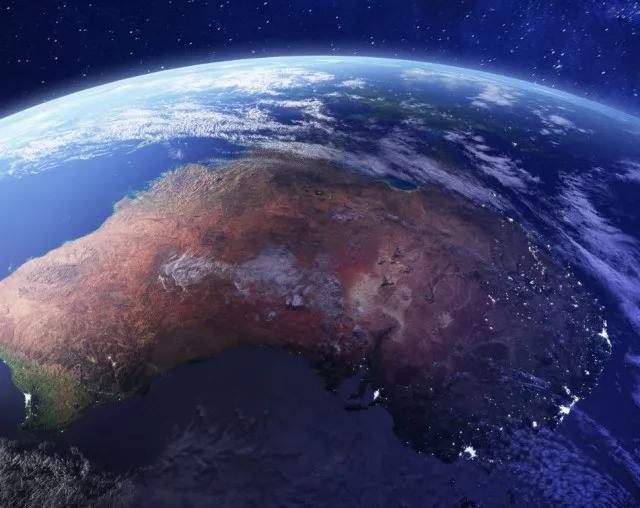
As a result, the idea of a world without people is not as far-fetched as it might seem.
In such a scenario, another species would likely take our place at the top of the food chain.
Potential new rulers of Earth after humans
Humans have been the dominant species on Earth for a long time. However, this has not always been the case.
Millions of years ago, dinosaurs ruled the planet until they faced extinction due to a massive asteroid impact.
This led to the rise of mammals and eventually humans.
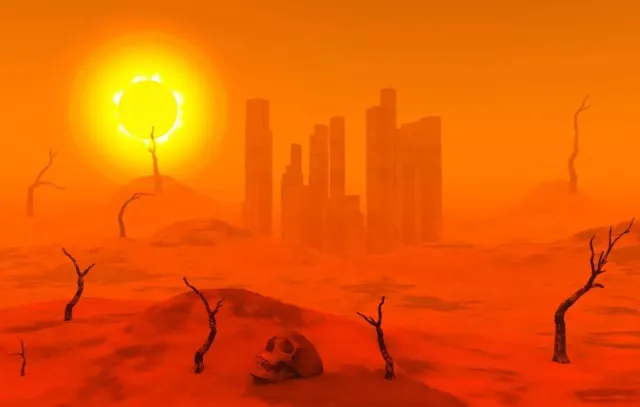
If a similar event were to wipe out humanity, scientists are curious about which species could emerge as the new rulers of Earth.
Professor Tim Coulson from Oxford University shared his thoughts on this topic.
He was asked if primates, our closest relatives, would be the natural successors to humans.
However, he dismissed this idea, noting that primates could face the same threats and go extinct with humans.
Experts predict octopuses could dominate Earth if humans vanished
For a species to take over in the absence of humans, it would need to be intelligent and adaptable.
Although some birds, like crows and parrots, show remarkable intelligence, they might not have the ability to build a civilization similar to ours.
Therefore, Professor Coulson suggested that the octopus could be the best candidate to inherit the Earth.
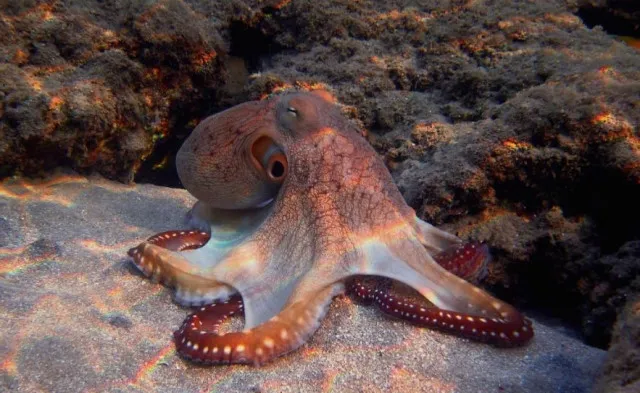
Why the Octopus?
Professor Coulson described the octopus as an “unappreciated contender.”
These creatures are known for their intelligence, problem-solving abilities, and adaptability.
“Octopuses are among the most intelligent, adaptable, and resourceful creatures on Earth,” he explained.
They can manipulate objects, use tools, and communicate in complex ways through color changes.
These skills could allow them to thrive and even develop their own civilization if humanity were no longer around.
“Their ability to solve complex problems, communicate with one another in flashes of color, manipulate objects, and even camouflage themselves with stunning precision suggests that, given the right environmental conditions, they could evolve into a civilization-building species following the extinction of humans,” he stated.
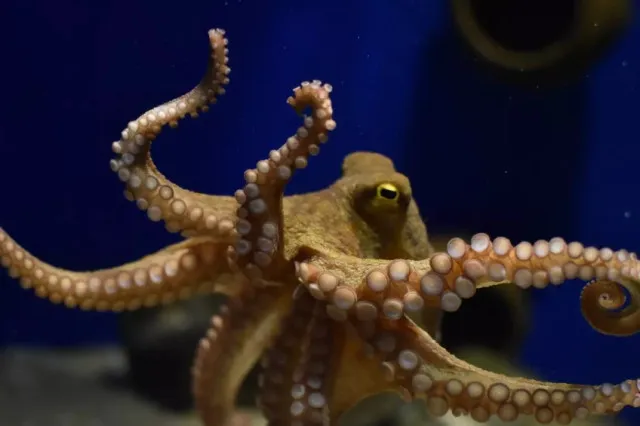
He noted that octopuses possess a unique nervous system, which is decentralized.
This gives them a remarkable ability to adapt to different environments.
In a world without humans, octopuses could explore new niches in the ocean and use their intelligence to survive and flourish.
“Their advanced neural structure, decentralized nervous system, and remarkable problem-solving skills make several species of octopus well suited for an unpredictable world.”
“These qualities could allow them to exploit new niches and adapt to a changing planet, especially in the absence of human influence.”
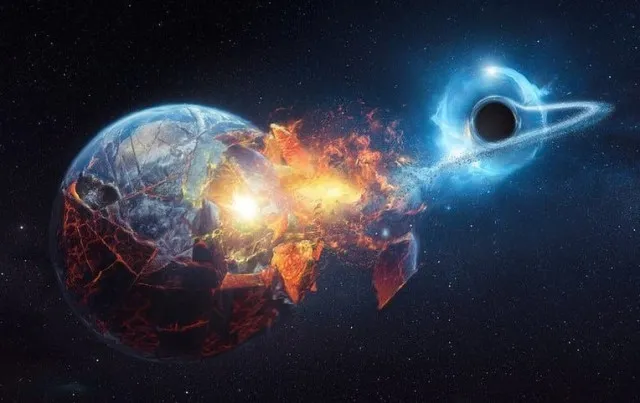
The ocean as a new frontier
If octopuses were to take over, it wouldn’t be on land but rather in the vast oceans that cover most of our planet.
The ocean offers many opportunities for resourcefulness and innovation.
Since humans have significantly altered the environment, the absence of our influence could allow octopuses to thrive in new ways.
This idea may sound far-fetched, but it is essential to consider how life on Earth has evolved over millions of years.
Just as humans rose from humble beginnings, another species could similarly adapt and grow in a changed world.